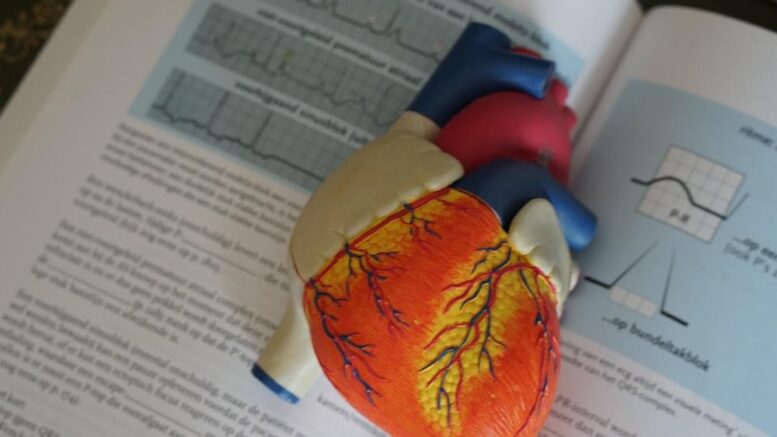Choosing a medical dissertation topic is one of the most important decisions you will have to make to develop your final project. The choice will determine the amount of information you will be able to find, and therefore whether the development of your paper will be more or less easy. So, if our topic generator hasn’t convinced you yet, we will tell you what aspects you should consider when choosing the topic, you will work on and spend so many hours on.
After several years at university, you have a lot of information accumulated in your head that you need to process to choose a topic that you like and based on which you can develop a good project. In this sense, we always advise you to choose a topic of work that you are interested in and enjoy the process of.
Before you choose a dissertation topic, you need to think beforehand about whether you want to continue your education in graduate school. Although you may not think it is important at first, the research you do now can help you prepare for your major.
Below, we’ll tell you what projects you can choose to do for your medical dissertation.
What kind of project can I do for my Medical Dissertation?
One of the factors to consider when choosing a topic for your dissertation is the type of project. We will tell you what they consist of and what the features of each are.
Specific study of diseases or problems derived from the same
You can focus the object of your study on a specific specialty or disease. An example of this type of project might be an analysis of diabetes in a specific population. If a specific one is being considered, the student might also analyze research related to the research, funding, or methodology used to treat it, etc.
Within this type of project, you may also choose to study and analyze how the disease being analyzed affects the reality of individuals or even the overall health care system.
Bibliographic reviews
Another type of project may be based on a specific literature review. In other words, choosing a research topic that has already been considered and taking it as the basis and starting point. Thus, it is an analysis that leaves little room for practice, but can be useful for research on other scholarly papers specializing in the sector.
Keep in mind that there is a wealth of information available in specialized academic search engines. To find data for analysis, we recommend that you use official or recognized academic sources, such as PubMed, which specializes in medical research.

Research on aspects of health management
Another option is to focus your research on features of healthcare management and operations or the impact of workload on healthcare workers. An example of such a project would be to study the impact of the COVID-19 crisis on health care resource management.
The most important thing in this type of work is to include qualitative data, including surveys or interviews with health care providers, that provide a complete picture of the subject matter of the study.
Population health analysis
This topic can cover a large number of scenarios that need to be developed. From a historical analysis of the evolution of society and emerging diseases to a contemporary study of what constitutes health care on a global level. In this case, the importance of the data and its relevance is fundamental.
Specific study of a particular area of any medical specialty
This type of project is more about laying the groundwork for future specialization in medicine. To do this, you focus on one of them (cardiology, dermatology, gynecology, etc.) and look for a specific topic that you can pursue in your research.
Just as in the previous cases, you should focus on a topic on which you have the necessary information to develop your work.
Tips on How to Write a Successful Medical Dissertation
We’re going to give you some tips and advice for writing your dissertation well, so pay attention to this:
- Manage your time and resources before you start your research: once you start your dissertation research, you can’t stop now and then. Either because time is limited or because you run out of things to do. You plan ahead and allocate the necessary space in your diary.
- Choose a topic that has available information: often students want to bring in topics that are rarely touched upon and are “weird”, but trust us when we tell you that this can go either well or wrong.
- Rely on reliable sources of information and cite them correctly: use your university’s rules and appropriate citation standards.
- Beware of academic plagiarism: this is one of the many reasons why students so often fail. It’s a long assignment, and it would be a shame to be flunked for a piece or two of copied text.
- Ask the teacher any questions you want: don’t be embarrassed or afraid they’ll say the wrong thing. In fact, they love to be asked about it because it also shows your interest in the project.
- Separate the information with headings and subheadings: this is mainly so that you do not have problems with mixing information, but also to give a certain order, sequence, and hierarchy to the arrangement of information in the document.
Final words
University research papers, which are usually dissertations or essays, and even in very difficult academic fields, usually cause students to panic. If you encounter difficulties in any of the stages of writing, you can always find a reliable essay writing service that will help you.
Article edited and fact checked by our editorial team
